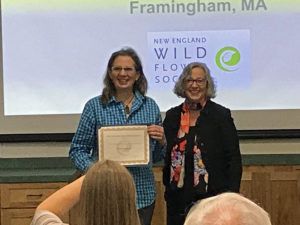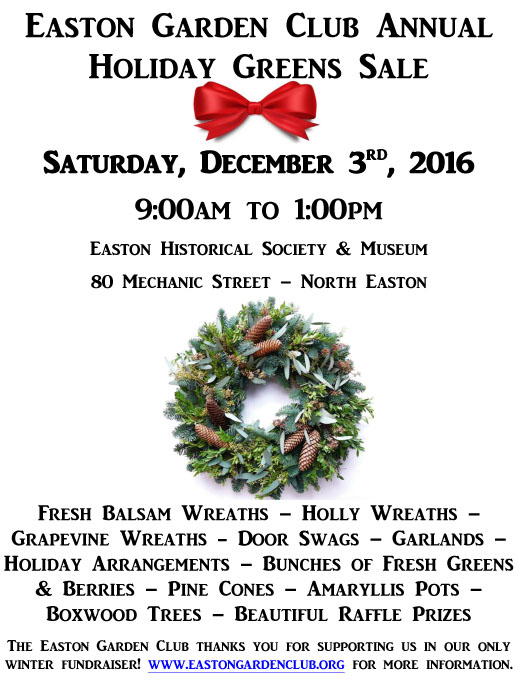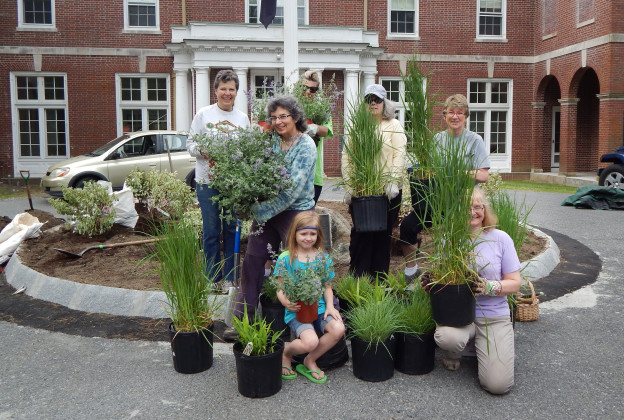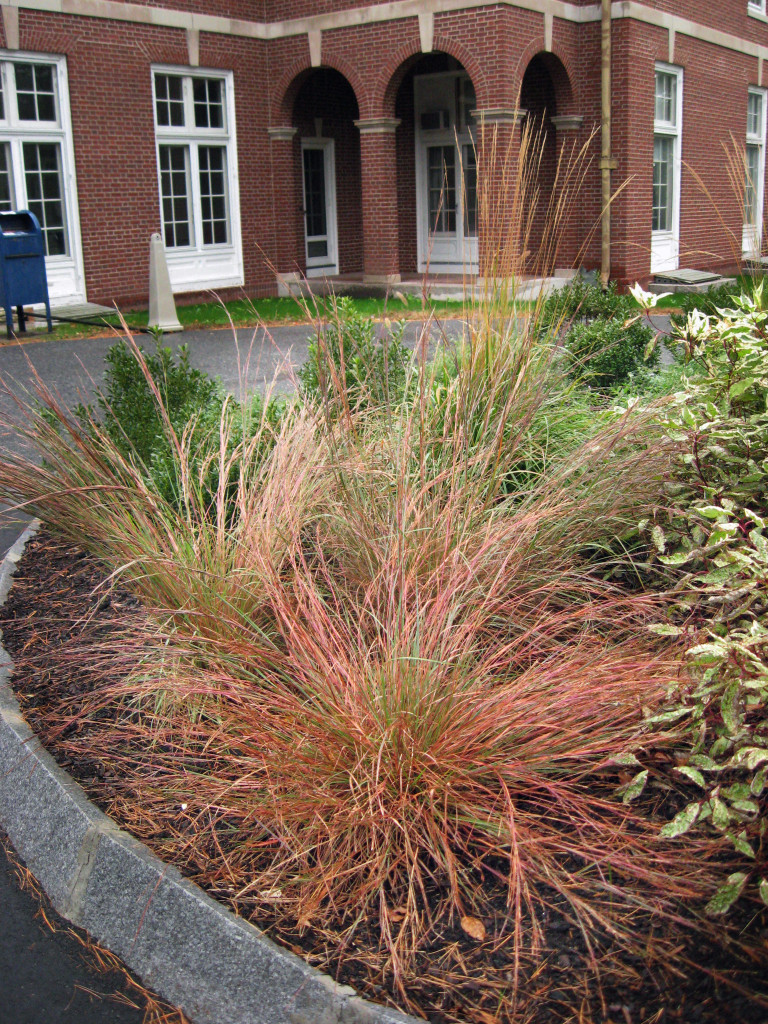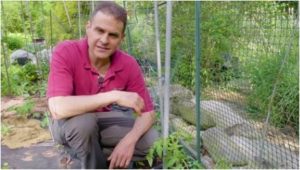
Meteorologist and horticulturist David Epstein will present “Weather and Gardening” at the
Easton Garden Club’s April meeting.
The Easton Garden Club invites the public to attend a free program, “Weather and Gardening” featuring David Epstein, meteorologist & horticulturalist.
When: Thursday, April 11th, 2019; 6:30 pm refreshments, 7:00 pm program
Where: In the basement gymnasium of the Covenant Congregation Church, 204 Center Street, North Easton
Cost: FREE
David Epstein has been a professional meteorologist and horticulturalist for three decades. He spent sixteen years on-air at WCVB in Boston and currently is a meteorology professor at Framingham State University and Colby College.
Dave’s weather, climate and gardening content can be seen/heard/read regularly on the following media outlets: boston.com, Portland Press Herald, WBUR Boston, WBZ-TV, WGME CBS 13 Portland, and at www.growingwisdom.com.
The Easton Garden Club meets the second Thursday of most months (no meeting July, August, and December) at 6:30 pm at the CCC at 204 Center Street, North Easton. Members participate in workshops with natural plant material, listen to speakers on a variety of horticultural topics, and see demonstrations by professional designers and provide community service. New members are always welcome. Please visit www.eastongardenclub.org for more information.

